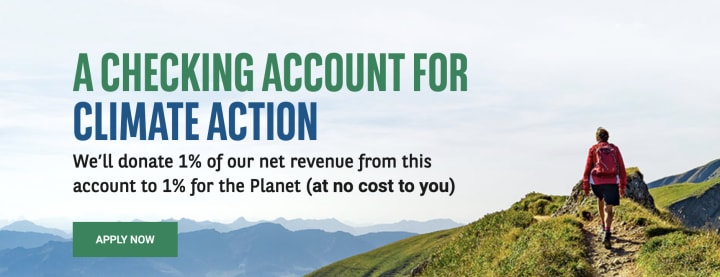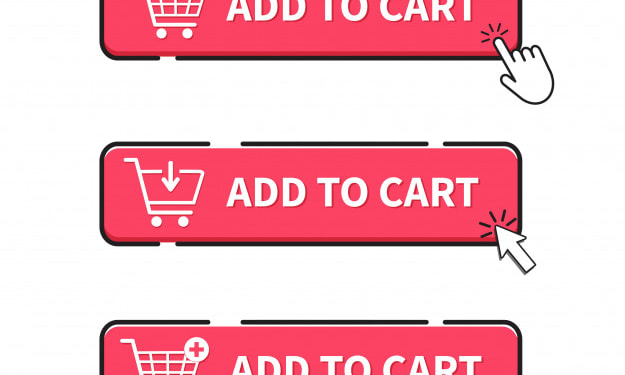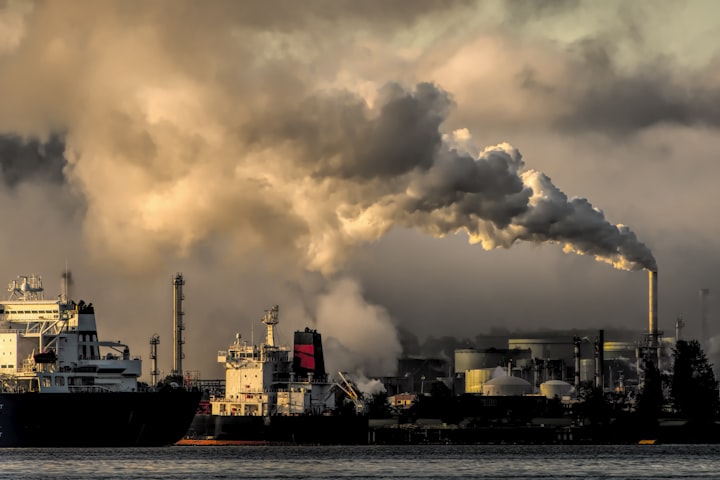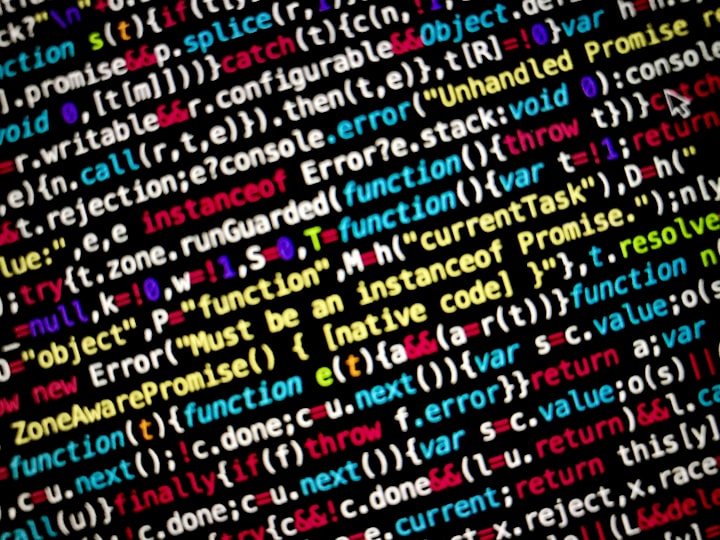Does Sustainable Banking Exist?
Analysing the good, the bad, and the ugly of Bank of the West

A few months back, I saw a couple sustainability influencers post about this ‘sustainable bank’ called Bank of the West. This article will take you through the good, the bad, and the ugly of this bank and what we can learn from this.
At first glance, it looks great! The first thing you see when you open their website is this:

[Image ID] a picture from Bank of the West’s website that reads “A checking account for Climate Action. We’ll donate 1% of our net revenue from this account to 1% for the Planet (at no cost to you)”
They’re also part of the 1% for the Planet organisation, which donates 1% of their net profits to environmental nonprofits. This is a fairly reputable organisation, with lots of well known brands such as Patagonia being members. It also looks like they’re fairly friendly to small businesses. BotW is only available in a few states, but their debit card is compostable and can track the carbon footprint of your spending. Finally, they have issued bans and regulations around several environmentally harmful investments, such as Arctic drilling, fracking, and tobacco.
But here’s the first catch: In order to track your carbon footprint, BoTW counts your individual spending. This doesn't sound so bad until you factor in that this exists to guilt you on your personal carbon footprint, something that was popularised by British Petroleum in 2005. Whilst our individual footprints can collectively have a massive impact, we need to push for systematic change. Don't get me wrong, tracking your personal carbon footprint isn't problematic in itself, and can be useful. I personally do it and having my card track it automatically would make my life a lot easier. But pushing personal responsibility without massively changing the structure of banking will not be enough. Theoretically, BotW is committing to a systematic change by divesting from these harmful institutions, but this comes with the second catch. This leads us to the ugly.
BotW is owned by BNP Paribas. According to a collaboration between Reclaim Finance, Rainforest Action Network, BankTrack, Indigenous Environmental Network, Oil Change International and Sierra Club, BNP Paribas was the third largest European financier of fossil fuels and the thirteenth largest international financier of fossil fuels, investing USD 84.2 billion from 2016-2019. The worst European offender was Barclays, investing USD 118 billion and HSBC at USD 87 billion. The same article reads “BNP Paribas’ loyalty to the majors is also demonstrated by its strong presence in the financing of oil and gas extraction in the Arctic”, a very different take compared to BotW’s banning of Arctic drilling. Theoretically speaking, BNP isn’t doing as badly as other big banks, namely JPMorgan Chase, and did score well in a few categories, such as being the “only bank whose fracking policy earned a grade in the B range” whilst none of the other analysed banks received over a D+ and was similarly the only bank that got above a D- in the liquified natural gas sector. You can download and read the full report here and another summary here. For total investments in fossil fuels go to page 7; policy grading is on pages 14-15.
So where do we go from here? Many aspects of BotW are commendable and we should encourage banks to take it up. In fact, NatWest (RBS) has begun a trial that will allow customers to track their carbon footprint as they spend. But unless Bank of the West's parent company starts doing better, it will be extremely difficult for me to look at this as anything besides a green-washing move to help BNP capture and cater to those who are environmentally conscious.
There are also other debit cards, such as Treecard, launched late last year, that have a better environmental MO and are backed by Ecosia, a company with a proven environmental track record. Smaller banks, like Triodos, also offer a banking experience that’s easier to monitor. Finally, credit unions are run by collectives that allow you, the consumer, to have a say in how money is re-allocated.
For more options (in the US), check out this The Good Trade article.
About the Creator
Melissa in the Blue
hold my hand and we can jump straight into the cold unloving sea






Comments
There are no comments for this story
Be the first to respond and start the conversation.